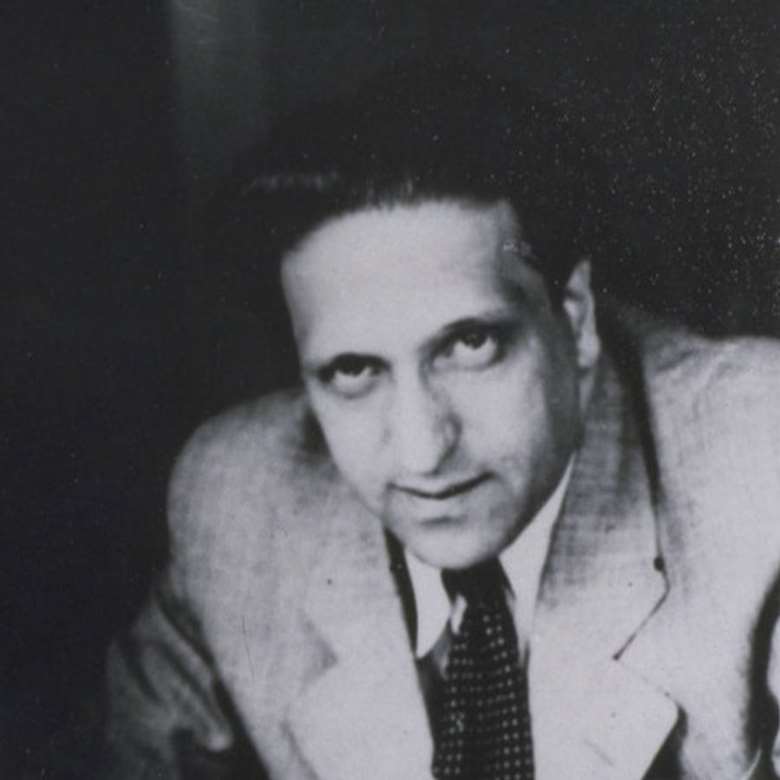Holocaust Memorial Day: Remembering musicians composing in the darkest of times
Jack Pepper
Wednesday, January 27, 2021
In the article from January 2020, Jack Pepper remembers the composers who made music despite the efforts of the Nazi regime

2019 led to many musical discoveries for me. My Scala Radio show, the Culture Bunker, explores stories of the people behind great music. I enjoy championing neglected composers and am consistently taken aback by the sheer number of excellent writers whose names we simply do not know.
Sometimes, it is not just musical quality that determines historical neglect; sometimes, there is something more sinister at play. I worry that in some cases, composers have fallen by the wayside by historical choice rather than coincidence; in some cases, composers have been actively written out of history.
27th January marks Holocaust Memorial Day, and the liberation of Auschwitz-Birkenau. The very existence of music in those camps underlines the power of this art form; if it was ultimately powerless to save the lives of its composers, music did at least provide a stark example that human decency, empathy and spirit could not be stifled. Music is a flicker of humanity. The Nazis didn’t want it that way; they tried to eradicate any trace of the talents of Jewish composers.
That is why it is more important than ever to remember people like Viktor Ullmann, Carlo Taube and Pavel Haas. Championing their work this year, the 75th anniversary of the end of the Second World War, makes a powerful statement that no matter what a regime attempts to snub out, no matter what attempts are made to tamper at political and social history, no matter what poisonous ideology seeps into a national psyche, music stands strong.
Viktor Ullman wrote his opera The Abdication of Death in Theresienstadt concentration camp and ghetto. Poignantly, its plot shows that death is overworked and decides to go on strike; love blossoms in the most hateful of places, with two individuals on opposing sides falling in love. Parts of its libretto were written on the back of deportation lists to Auschwitz. Ullmann himself lost his life there in 1944.
Carlo Taube composed a Terezin Symphony which was allegedly performed in secret in the barracks of that very camp. Prisoners received it with a storm of applause; music was the only way they could react against the barbarity around them, and here it was expressive and empowering. Its score is now lost. Among his other works is a Ghetto Lullaby. Taube, his wife and their child were all killed in Auschwitz.
Neglect is not always a passive result of inevitable passing time, but an active act of obliteration
Pavel Haas arrived at Terezin depressed and unwell; it was supposedly the intervention of composer Gideon Klein, who gave his fellow prisoner some sheets of manuscript, that spurred Haas back to composition. Later, he was forced to score a Nazi propaganda film, showing the Terezin camp to be an idyll. Shortly after setting his own ordeal to music, he was killed.
How many of these names do we know? Erwin Schulhoff, Gideon Klein, Robert Dauber, Pal Budai, Hans Krasa, Ferenc Weisz, Karel Svenk, Sandor Kuti, Carlo Taube and Zikmund Schul? These represent a mere handful. Although we don’t intend it, neglect in this case coincides with the aims of the Nazi regime; and so, in order to refute the poison of their ideology, we must hold these names as high as we can. Championing neglected composers, in this case, is about far more than intellectual curiosity; it’s about rejecting what their opponents stood for, and celebrating the power of music to represent the very best of collective humanity.
Neglect is not always a passive result of inevitable passing time, but an active act of obliteration. Music history can’t be viewed as some passive progression of historical figures and events; it is a timeline that has in the past and present been subject to manipulation, a tapestry that has been painted over and folded up.
In this month of all months, let us celebrate the amazing talents of the composers tragically seized from history; in remembering them now, we prove that music, and not hate, will always win.